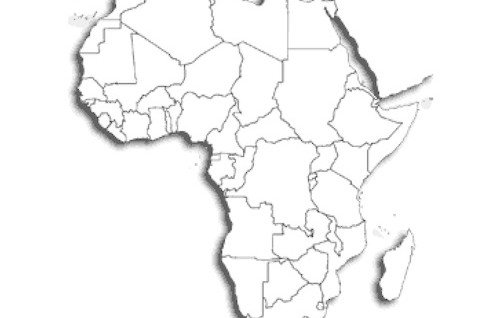African history now! Know your continent. Ulwazi Ngemvelaphi Yethu


This is a new initiative run by the Institute of humanities in Africa (Huma) and the Department of Historical Studies at UCT.
We shall focus on the deeper history of our continent in this programme. The history of a single country – “national history” – is a very recent phenomenon. The approach of this programme of African history is to explore the entirety of the continent. At times certain regions might be the focus e.g. the Nile valley, West Africa. But, the perspective we adopt takes us across boundaries and borders. While the continent in its entirety is the focus, the continent it is also part of the wider world. So the various kinds of interactions with the world beyond Africa will also be addressed.
We begin with the some of earliest expressions of humankind on the continent through the various innovations in agriculture and other technologies. We shall look at the place of Ancient Egypt in the history of the continent. African history is a subject that covers thousands of years. From this deeper, longer-term perspective the growth of states and “empires” on the continent from 1000AD seems like recent history. Seen in this light, the subjection of various parts of the continent through the 19thcentury was a late development.
European colonial rule embraced virtually all parts the continent but it was uneven in its impact; it was eventually overthrown in the decades from the end World War Two. In some places it happened in the late 1950s, but southern Africa was the last to end colonial rule. Some of the influential ideas that animated the anti-colonial movement in fact came from Africans in the diaspora. The Pan-African ideas that spread in the twentieth century emerged among descendants of Africans who had originally been enslaved. Inhabitants of the continent, we the Africans, today have a great depth of history to continually recover and discover.
We shall try in eight sessions to highlight and introduce some of the key issues and debates that animate African history.
The programme will be launched at the Huma seminar room on Saturday morning at 10am, August 01. The next sessions will be held on the following dates: 8, 22 & 29 August; 12 & 19 September; and 3 & 10 October.
Among the areas to be covered are: Introduction to Africa today; the roads since independence and the place of the past; The Nile valley; Peoples without states, with states, and empires; The deep/er past: the origins of Homo sapiens and the spread out of Africa and ong-term revolutions: stone, metal, agriculture etc; Contacts from over the seas: China and Asia, Europe; Slave trades and abolition and legitimate commerce; European routes to colonization; European colonial rule anti-colonial struggles.
All sessions are free and open to the public.
